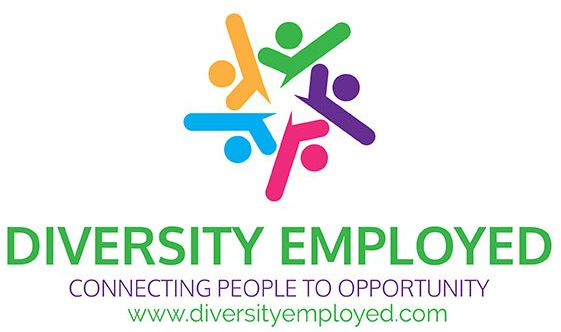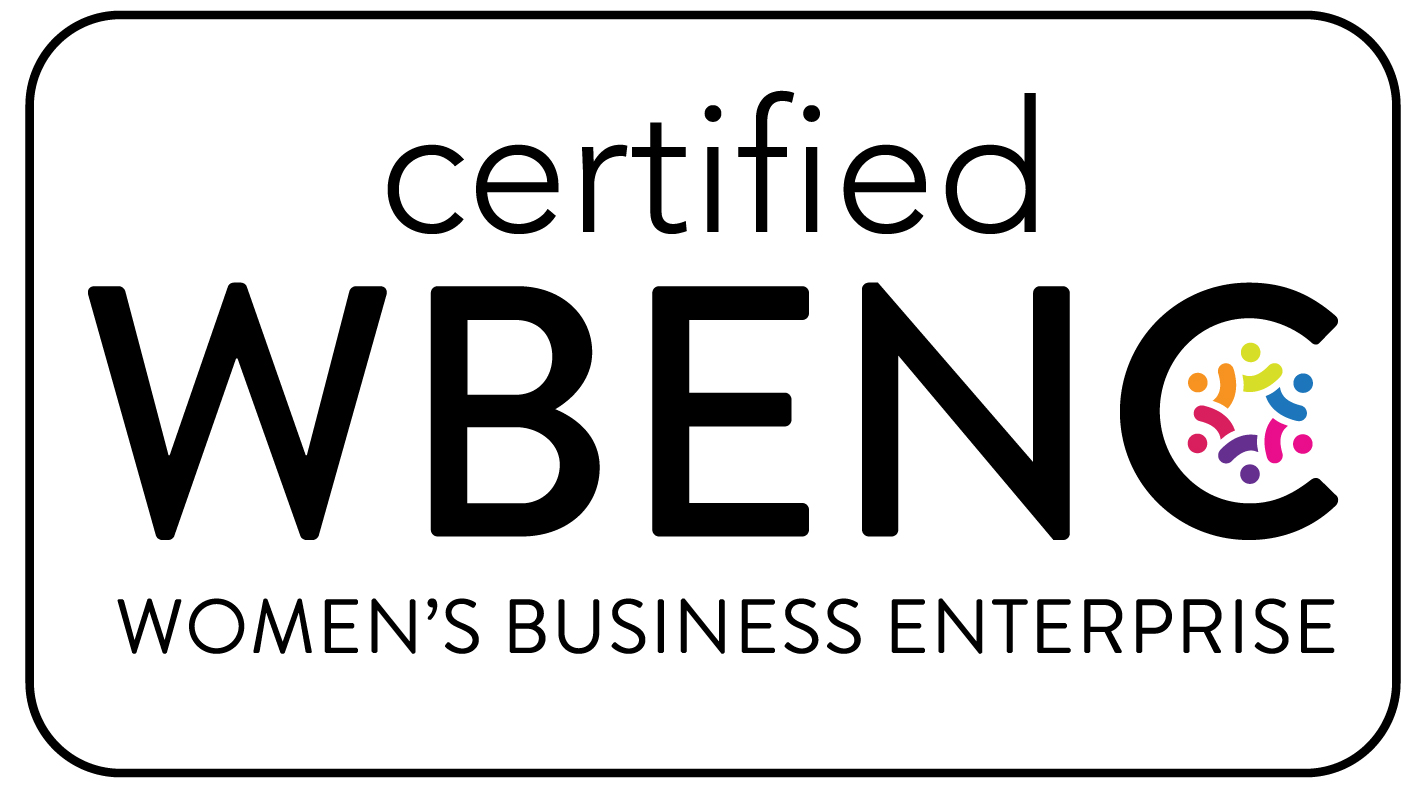How Diversity & Inclusion Managers Can Affect Real Change
By
Krista Pouncy-Dyson
Founder of DiversityEmployed.com
Published October 4, 2022 at 9:32 a.m.
For years, widespread diversity and inclusion efforts among companies large and small have failed to go beyond the surface of corporations and into their core. Whether it is the internal resistance, improper implementation, a lack of consistency, or a lack of leadership, companies have faltered in the face of significant change. (Gassam, 2020)
In the realm of Diversity and Inclusion, real change can not be procured solely through bias training, workshops, or book clubs. In actuality, in order to see effective and long-term changes in companies, diversity inclusion work has to be done from the inside out.
Recently, companies large and small have or have been forced to reckon with their stance on diversity, equity, and inclusion. Whether it was apologizing for mistakes produced on a platform of ignorance and miseducation, implementing long-term changes, investing in communities of color, or revamping their company’s conception of what it truly means to be diverse and inclusive, there was an undeniably significant shift in the workforce.
The murder of George Floyd in May 2020 enabled historically toxic race relations in the United States to emerge from the fringes of society and take center stage. Though police brutality was at the forefront, the murder of George Floyd was a catalyst for the reexamination of the role of systemic oppression, rampant injustice, mass incarceration, medical racism, and a myriad of other longstanding issues. Through it all, companies had to answer the following: are we complicit? Are we contributing? How can we make a change?
As a result, the preexisting dire need for diversity and inclusion reached new heights.
While some companies, like NASCAR and Quaker Oats, made minimal changes such as banning the confederate flag and discontinuing blatantly racist food brands respectively, others, like Paypal, Comcast, and Bank of America, have set aside millions of dollars to support Black-owned businesses, enhanced internal diversity and inclusion practices, curated partnerships with civil rights organizations, redesigned recruiting and hiring practices through an intersectional lens, strengthened economic opportunities for communities of color, and have stepped back to amplify of Black voices within their companies. (Feloni and George, 2020)
In order for corporate environments to make a significant change, their action must align with the latter and be bolstered with their words. In the same ways that Black Lives Matter is not a trend, neither is the cultivation of diversity and inclusion. The realm of Diversity and Inclusion is ever-expanding and never something that can be conquered. Now, and forevermore, companies have to commit to not only positioning diversity, equity, and inclusion as pillars of their company culture but also practicing and perpetuating diversity and inclusion practices every day, in every way, in order to achieve their goals.
Krista Pouncy-Dyson is the founder of DiversityEmployed.com and managing principal for Performance First Digital, a marketing agency in New Orleans. You can connect with the author on LinkedIn.
Diversity ≠ Inclusion
Linking Diversity to Profitability
In an commentary for Forbes, writer Janice Gassam Asare highlights the results from a 2020 McKinsey report regarding workforce diversity. Asare is the author of the best-selling book Dirty Diversity and The Pink Elephant.
Corporate Responses to George Floyd
Corporations Comment on Justice
After the police killing of George Floyd and resulting protests, writers Richard Feloni and Yusuf George document some notable corporate actions.

